Can a revolution begin with a song? This is precisely what happened at dawn on 25 April, 1974, when Radio Renascença broadcast Grândola Vila Morena by José Afonso. It was the signal: there would be no turning back. After almost fifty years, a dictatorship, the most long-standing on the old continent, collapsed in a few hours in a coup d’état led by rebel soldiers. The streets were invaded by tanks that proceeded slowly, waiting for the green light at the crossroads, confident, strengthened by the long pause that history had taken. It looked like an orderly seizure of power, without bloodshed apart from that unnecessarily spilled by the state political police (PIDE), responsible for the only four deaths. From the loudspeakers a firm voice called for calm. ‘The Portuguese Armed Forces ask the inhabitants of Lisbon to stay in their homes. Long live free Portugal!’ But no one took heed. The streets could not contain the overflowing crowd that climbed trees, walls, and even up to first-floor balconies. Suddenly the city, awakened from a long slumber, had been hit by a wave of euphoria, an impetuous embrace, from which the military, almost intimidated, struggled to escape. They shook hands, offered thanks with a smile, lit cigarettes, and issued a few muffled orders. Amidst applause and signs of victory, red carnations were flying: the ecstatic crowd offered them to the soldiers, who in turn threw them back to the crowds, pulling them from their rifles. They were the bullets of a new revolution of the people that in a single day swept away the terror of half a century.
‘Coup d’état in Portugal. Caetano replaced by a Council of National Salvation.’ So read the headline on 26 April in the Lotta Continua newspaper. I immediately read the article with curiosity, but it was a brief and neutral account. I was struck by a singular coincidence of dates: 25 April in Italy is the anniversary of the liberation from Nazi-fascism. That year, too, the procession had made its way through the streets of Rome as far as Porta San Paolo, the symbol of the partisans’ resistance. But the tension was palpable. Those were the years of the so-called ‘strategy of tension.’ We were living in the nightmare of an imminent coup d’état hatched by the subversive right and assisted by the secret services. The left was very strong and the PCI (Partito Comunista Italiano), the largest communist party in the West, had crossed the fateful threshold to become the leading party in Italy. However, in order to govern, overcoming the obstacle of NATO in the midst of the Cold War, it was willing to enter into a ‘historic compromise’ with the Christian Democrats, a deeply ambiguous party, colluding internally with the most reactionary forces and even with neo-fascists. Like many others of my generation, I recognised myself in the extra-parliamentary left, where I preferred the Trotskyists, perhaps in part for their meticulous analysis of international events.
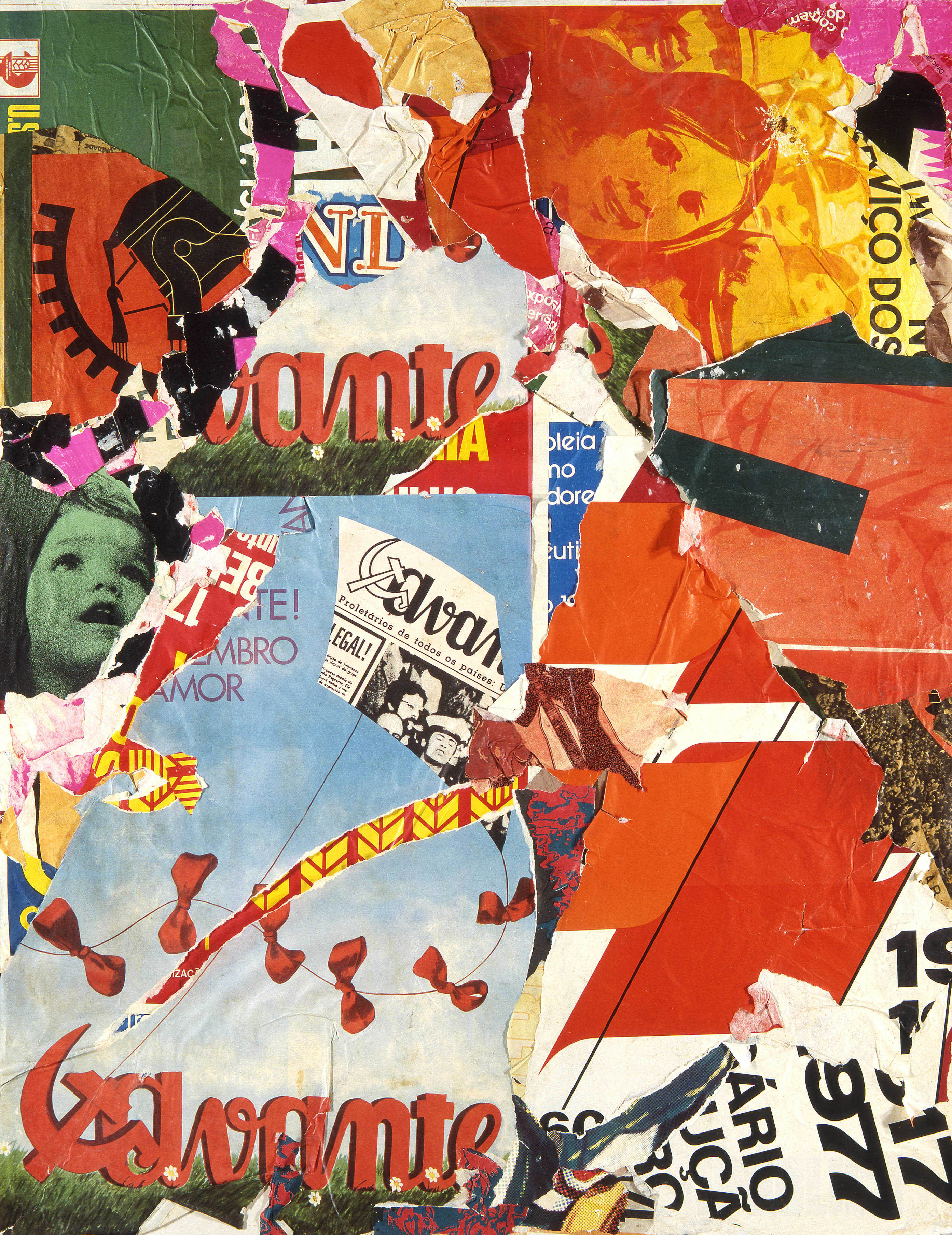
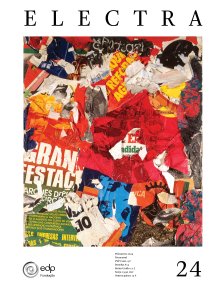
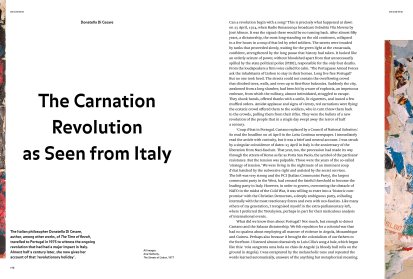

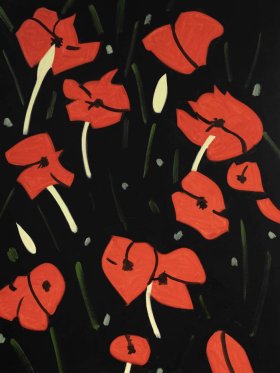
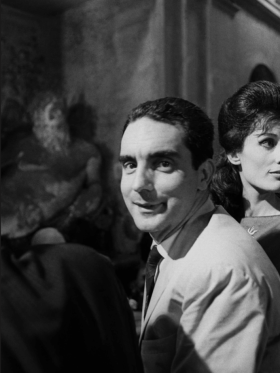
Share article